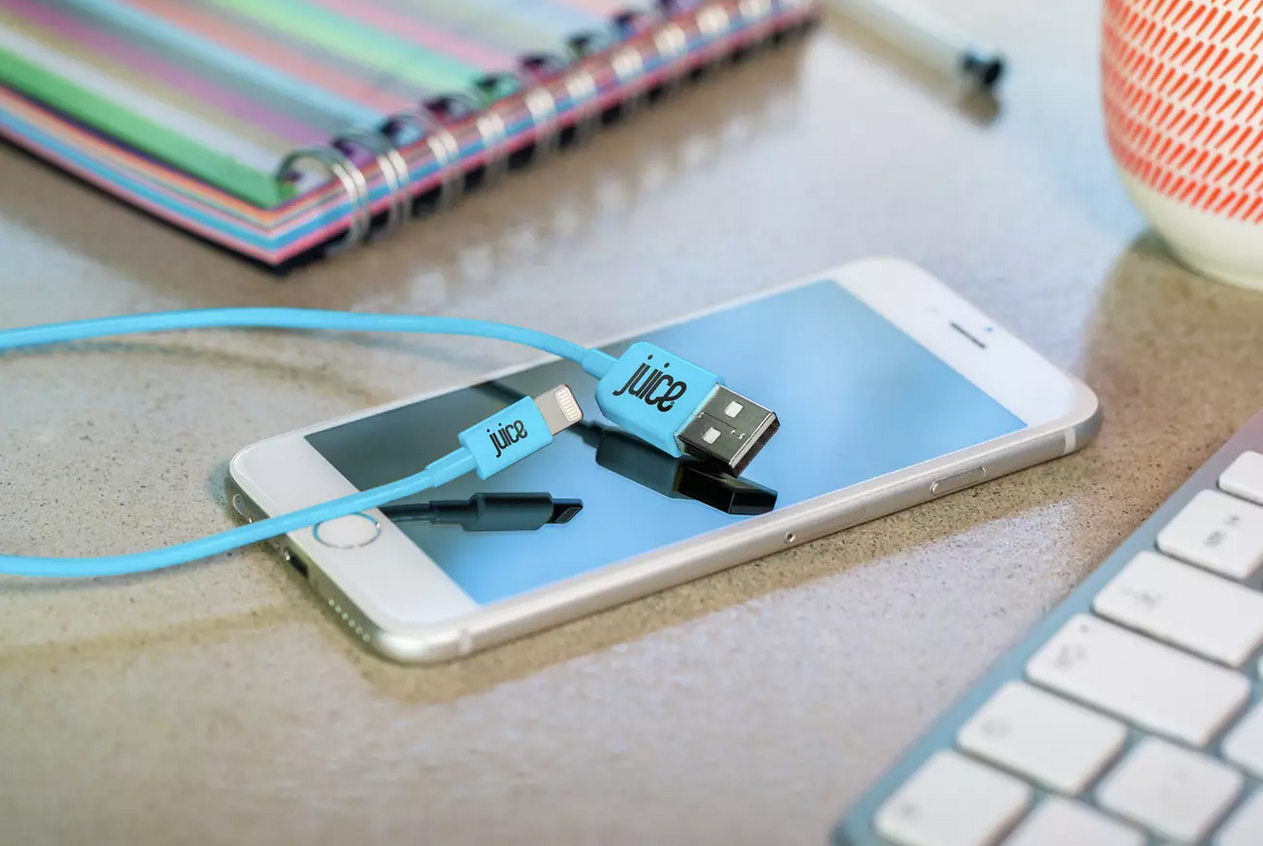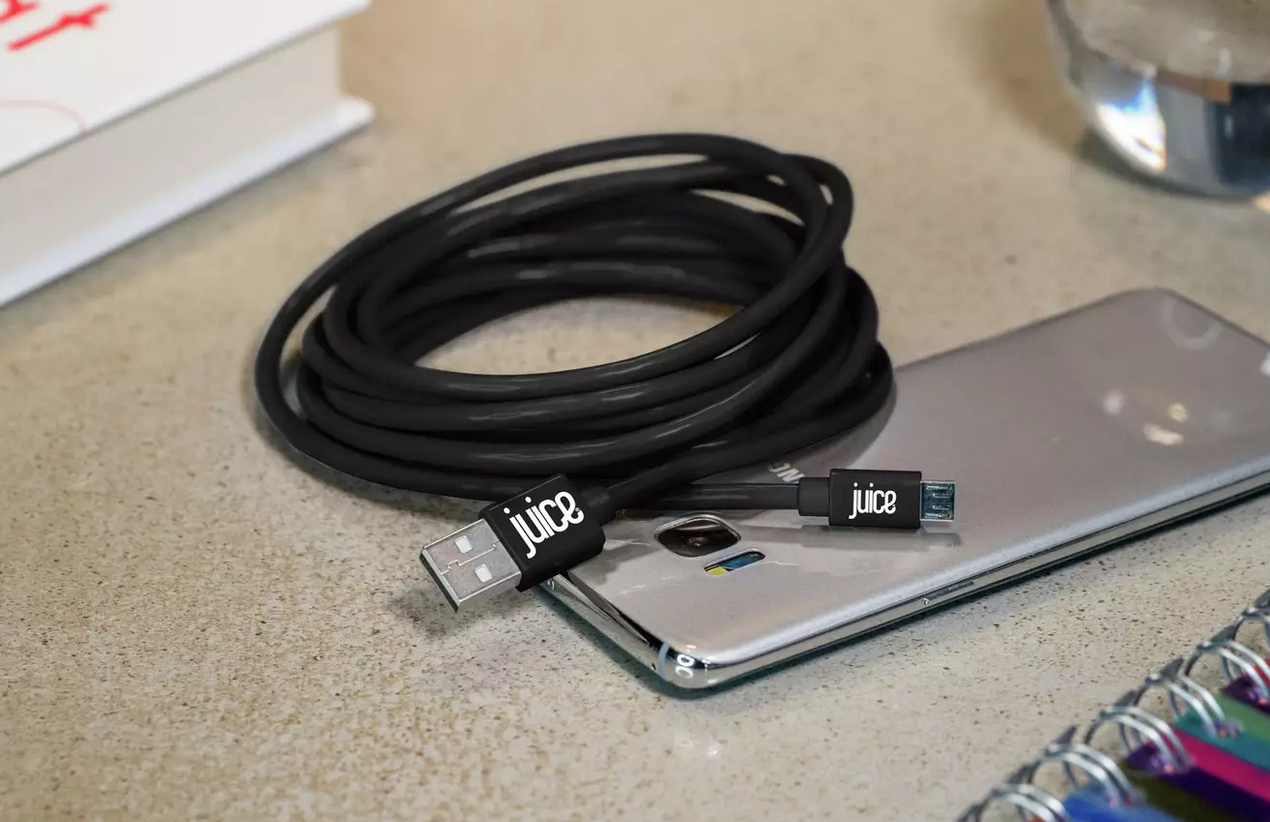
We've all been there – we plug in our phone or laptop to charge overnight, and leave it plugged in even after it's fully charged, thinking it's not a big deal. But can overcharging actually affect our devices? The answer is yes, and here's why.
What is overcharging?
Overcharging occurs when you continue to charge a device even after it's reached its maximum battery capacity. This can happen when you leave your device plugged in overnight or for an extended period of time. While modern devices are designed to prevent overcharging by automatically stopping the charging process once the battery is full, there is still a risk of overcharging if you use third-party chargers or if the charging port is not operating correctly.
The effects of overcharging
The effects of overcharging can be both immediate and long-term. Overcharging in the short term can cause your device to overheat, leading to battery damage. Additionally, the excess heat can cause the battery to lose its capacity more quickly, meaning that it won't hold a charge for as long as it used to.
Over time, overcharging can cause even more serious damage to your device. It can lead to a phenomenon known as "battery swelling," where the battery expands due to excessive heat and pressure. This can cause damage to the internal components of your device, and in some cases, can even cause the battery to burst.
Preventing overcharging
The good news is that preventing overcharging is relatively easy, and can help to extend the lifespan of your device. Here are some tips to help you avoid overcharging:
- Use the right charger: Always use the charger that came with your device, or a charger that is certified by the manufacturer. Third-party chargers may not be designed to prevent overcharging and can cause damage to your device.
- Monitor your charging: Don't leave your device plugged in overnight or for extended periods of time. Instead, monitor your charging and unplug your device as soon as it's fully charged.
- Avoid extreme temperatures: Heat can accelerate the rate at which your battery degrades, so try to keep your device in a cool, dry place when charging.
- Replace your battery: If you notice that your battery isn't holding a charge for as long as it used to, it may be time to replace it. Most modern devices have replaceable batteries, or you can take them a professional to have them replaced.

Conclusion
In conclusion, overcharging can have a significant impact on the lifespan and performance of your device. While it may be tempting to leave your device plugged in overnight or for an extended period of time, it's important to monitor any charging and unplug your device as soon as it's fully charged. By taking simple steps to prevent overcharging, you can help to extend the lifespan of your device and avoid potential problems.
If you’re looking for advice on charging your device, check out our blog on how to resolve charging issues here.